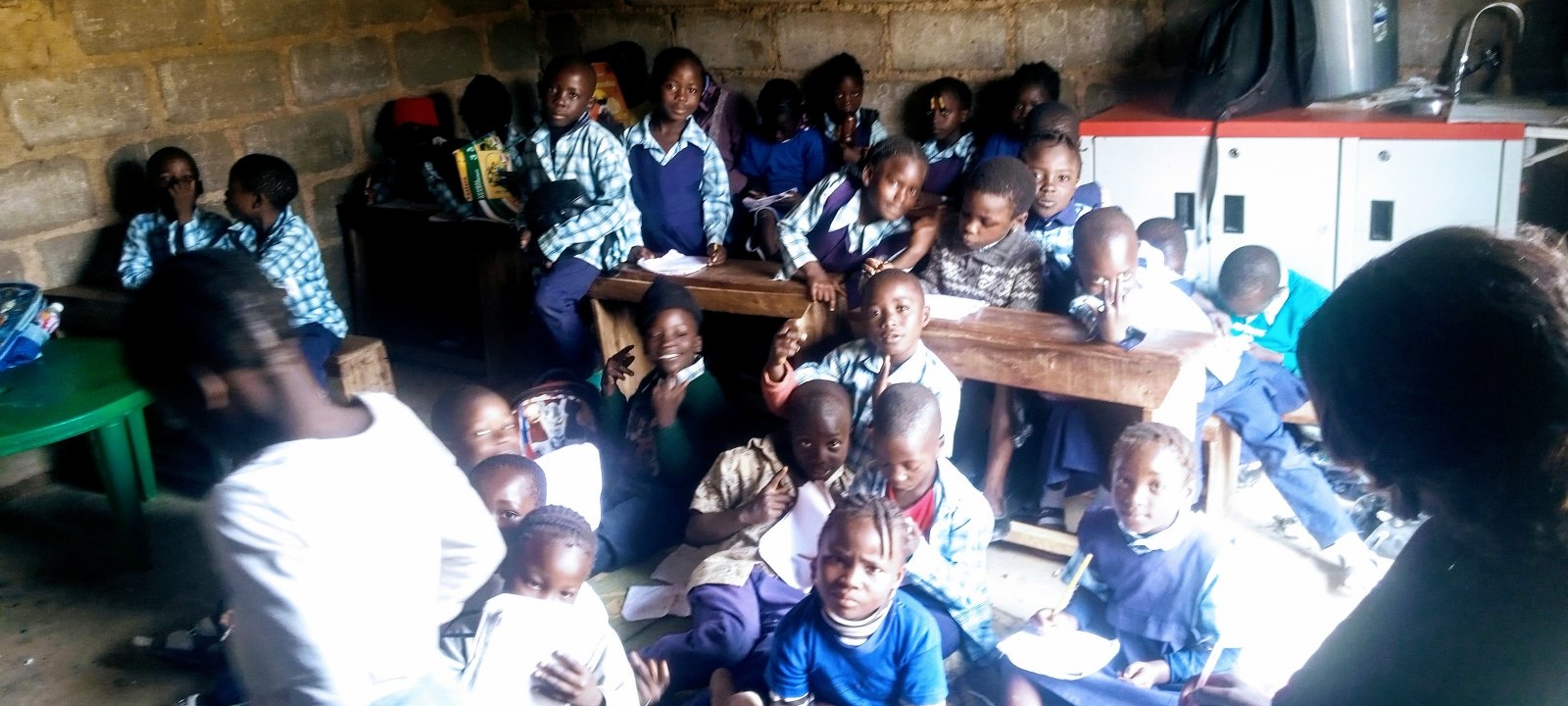Low-income families often struggle to provide their children with the necessary resources for learning and development. Printable resources can be a cost-effective way to supplement a child’s education and provide them with valuable learning opportunities. These resources are easily accessible and can be printed from home or at a local library, making them convenient for families with limited resources.
Printable resources for low-income children come in a variety of forms, including worksheets, coloring pages, educational games, and more. These resources cover a wide range of subjects and can help children improve their literacy, numeracy, and critical thinking skills. By using printable resources, children can engage in fun and educational activities that will enhance their learning experience outside of school.
 Printable Resources For Low Income Children
Printable Resources For Low Income Children
Easily Download and Print Printable Resources For Low Income Children
One of the benefits of printable resources is that they can be tailored to meet the specific needs and interests of each child. Parents and caregivers can choose resources that align with their child’s academic level and learning goals, ensuring that they are receiving targeted support. Additionally, printable resources can be used to reinforce classroom learning or introduce new concepts in a creative and interactive way.
Many websites and online platforms offer free printable resources for children, making it easy for families to access a wide range of educational materials at no cost. These resources cover a variety of subjects, from math and science to art and social studies, giving children the opportunity to explore different topics and expand their knowledge. By utilizing printable resources, low-income children can continue to learn and grow outside of the traditional classroom setting.
Overall, printable resources are a valuable tool for low-income children to supplement their education and enhance their learning experience. By providing access to free and easily accessible resources, families can support their children’s academic development and help them succeed in school and beyond. With the right resources and support, every child has the potential to thrive and achieve their full potential.
